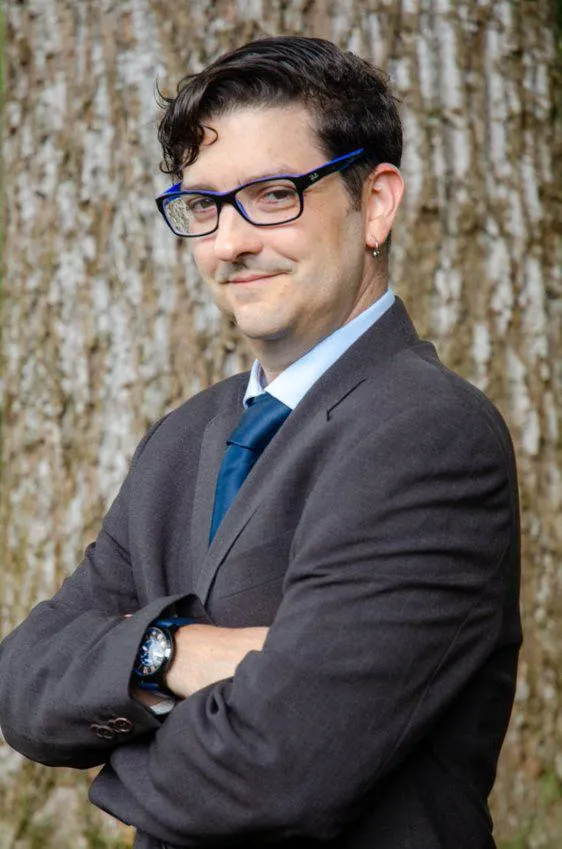Please note: this event has passed
Chair: Dr Amanda Chisholm
Speaker: Jesse Crane-Seeber
Abstract
This paper emerges from my wider book project, and provides a broad, general overview of my theoretical and empirical arguments. Written in narrative form, the paper traces the development of a post-Vietnam contestation over the meaning of ‘Professionalism’ in US military organizations, one that made Special Forces and a mythology around the capacities of commandos central.
The nascent ‘War on Drugs’ saw the militarization of US police forces through complex new security networks that linked Special Forces to tactical training scenarios, Pentagon weapons and equipment transfers, and a cultural shift towards the glorification of vigilantism and ‘Black Ops’.
These same networks expanded into Latin American and Caribbean police and border forces under the guise of ‘security assistance’ and ‘professional development,’ bringing US weapons, uniforms, tactics, and cultural practices with them. The period of neoliberal privatization, begun under President Reagan and accelerating under President Clinton, saw these networks grow and expand throughout the private sector, as a massive new for-profit military force was spawned to supplement US and allied military capabilities.
The result of this historical and political process is that US popular culture adopted what I call a ‘commando fetish’, that is, a non-rational, erotically charged investment in a particular imaginary of Special Forces. I trace this fetishization of tactical capacities into US culture, foreign policy, and current debates about militia activity, police killings, and self-defence in the context of racialized threat perception.
Bio
Dr. Jesse Crane-Seeber holds a BA in “Resisting Hegemony,” a major of his own design, from Ithaca College, and a PhD in International Relations from American University. He is currently a Visiting Research Fellow in the Department of War Studies, King's College London, and previously served as Assistant Professor of Political Science at the University of the District of Columbia and Teaching Assistant Professor at North Carolina State University.
He has also held PostDocs at BIGSSS in Bremen Germany, and at North Carolina State University. His recent work has contributed to critical security studies, particularly in theorizing embodiment and desire in militarized cultures and institutions. He is currently completing his book, Fetishizing the Tactical, which traces the history and diffusion of de-politicized tactical training from the US military into US society and around the world, with the goal of understanding the sociocultural basis of permanent unwinnable wars and their racialized and gendered effects.
His work has been published in a number of journals including International Political Sociology, Critical Military Studies, Critical Studies on Security, and The International Feminist Journal of Politics, and has been presented at conferences around the world, most recently in Vienna, Quito, and Toronto.

Register in advance for this meeting
After registering, you will receive a confirmation email containing information about joining the meeting.
